Service hotline
+86 0755-83044319
release time:2024-12-07Author source:SlkorBrowse:12917
A Current Sensor is an essential electronic component designed to detect and measure the flow of electric current within a circuit. It converts the current flowing through the circuit into a proportional electrical signal that can be read and interpreted by a microcontroller or processing system. Current Sensors are used in a wide range of applications, including power monitoring, protection systems, and energy-efficient designs. They are critical in industries like automotive, consumer electronics, and industrial machinery, ensuring safe and efficient operation of electrical systems.
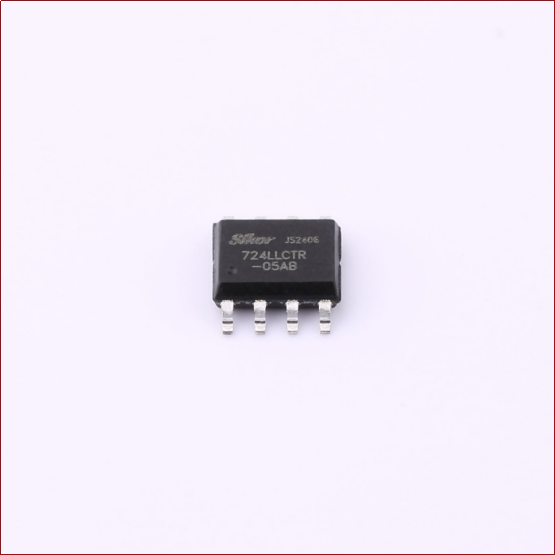
ACS724LLCTR-05AB-T Current Sensor SOP-8
The development of Current Sensors dates back to the early days of electrical engineering. Initially, simple methods like shunt resistors were used to measure current. However, these methods had limitations, including power loss and the inability to measure high currents without significant modifications. As technology advanced, more sophisticated Current Sensors were introduced, such as Hall-effect sensors and magnetic sensors. These sensors offered higher accuracy, better efficiency, and greater reliability, paving the way for modern applications. Today, Current Sensors are integrated into various devices, ranging from consumer electronics to industrial control systems, improving both performance and safety.
The effectiveness of a Current Sensor depends on several key characteristics. These include:
When selecting a Current Sensor, several important parameters need to be considered to ensure optimal performance for specific applications. These parameters include:
Current Sensors play vital roles in modern electronic systems, particularly when it comes to managing power and ensuring safety. Some of the primary roles they perform include:
The versatility of the Current Sensor allows it to be used across a wide range of applications. Some of the most common areas where these sensors are employed include:
There are several prominent manufacturers of Current Sensors, each offering specialized products designed for various applications. Some of the leading manufacturers include:
When selecting a manufacturer for Current Sensors, it is crucial to consider factors such as accuracy, reliability, sensor type, and application compatibility.
In conclusion, Current Sensors are indispensable components in modern electronic systems. They play crucial roles in monitoring power, ensuring safety, and enhancing the efficiency of devices across various industries. By understanding the key characteristics, parameters, and applications of these sensors, engineering and procurement teams can make informed decisions when integrating them into products. As technology continues to advance, the development of more efficient and accurate Current Sensors will further drive innovation in energy management and electronic system design.
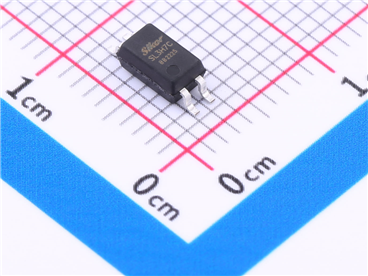
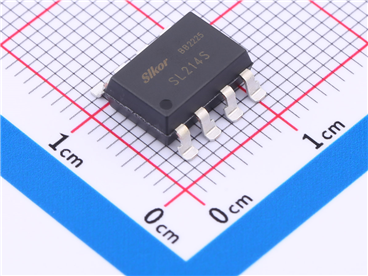
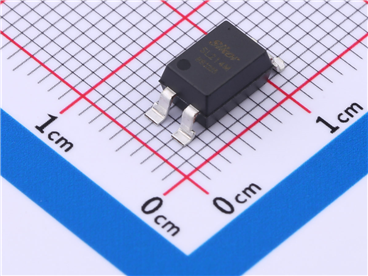
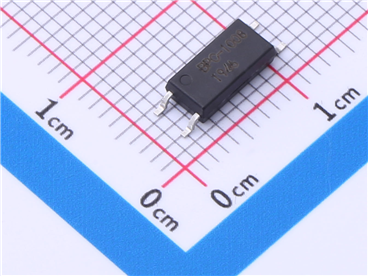
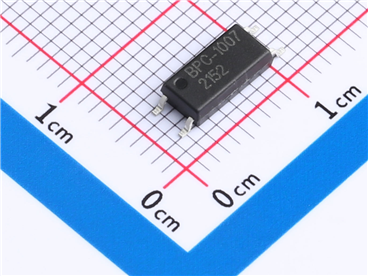


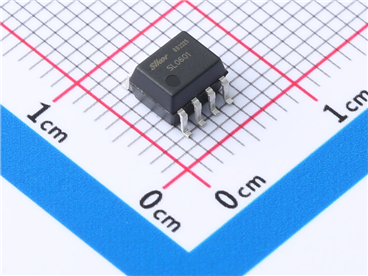

Site Map | 萨科微 | 金航标 | Slkor | Kinghelm
RU | FR | DE | IT | ES | PT | JA | KO | AR | TR | TH | MS | VI | MG | FA | ZH-TW | HR | BG | SD| GD | SN | SM | PS | LB | KY | KU | HAW | CO | AM | UZ | TG | SU | ST | ML | KK | NY | ZU | YO | TE | TA | SO| PA| NE | MN | MI | LA | LO | KM | KN
| JW | IG | HMN | HA | EO | CEB | BS | BN | UR | HT | KA | EU | AZ | HY | YI |MK | IS | BE | CY | GA | SW | SV | AF | FA | TR | TH | MT | HU | GL | ET | NL | DA | CS | FI | EL | HI | NO | PL | RO | CA | TL | IW | LV | ID | LT | SR | SQ | SL | UK
Copyright ©2015-2025 Shenzhen Slkor Micro Semicon Co., Ltd